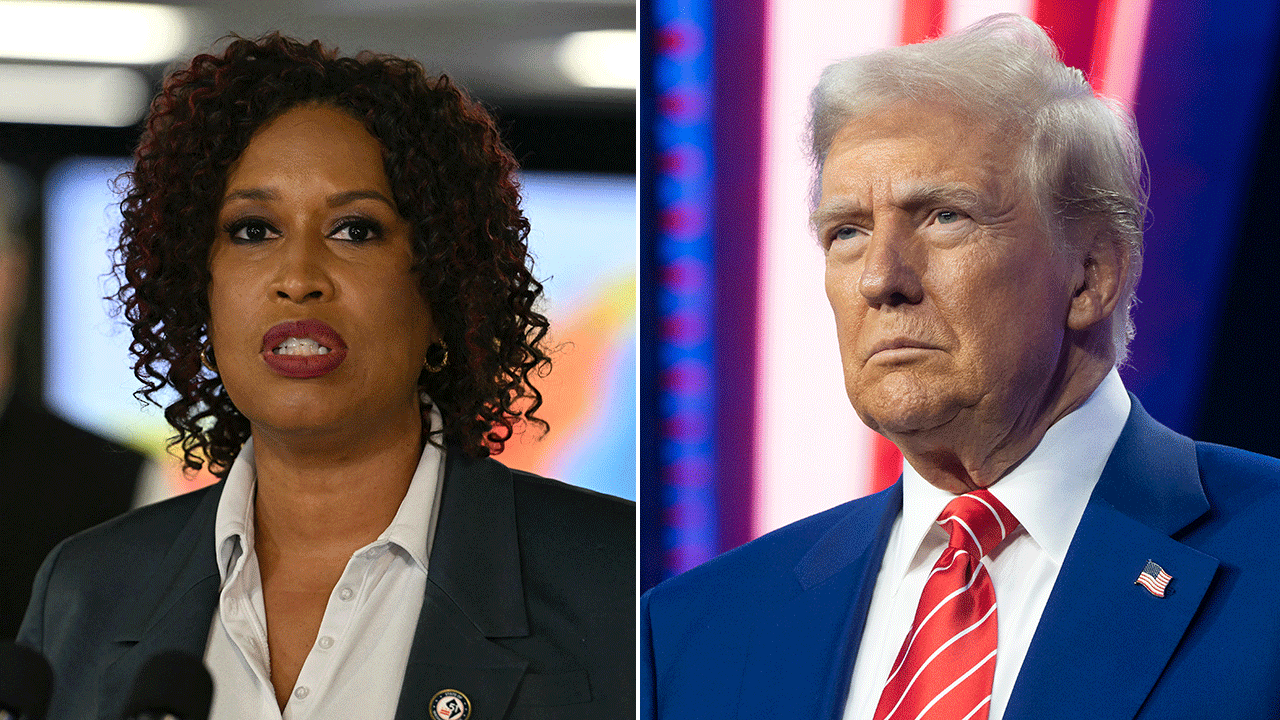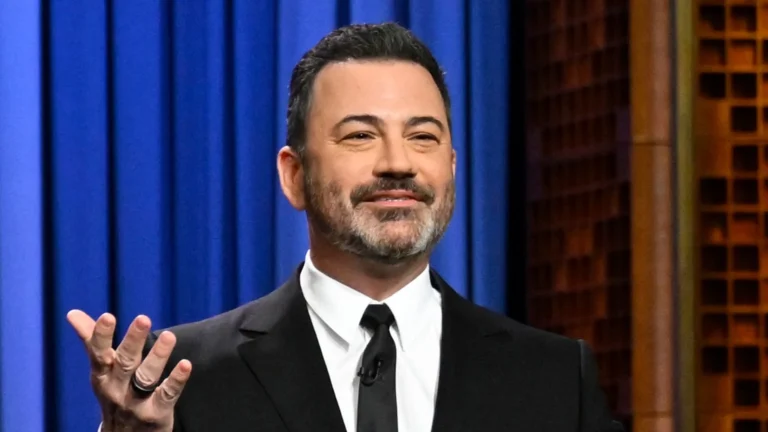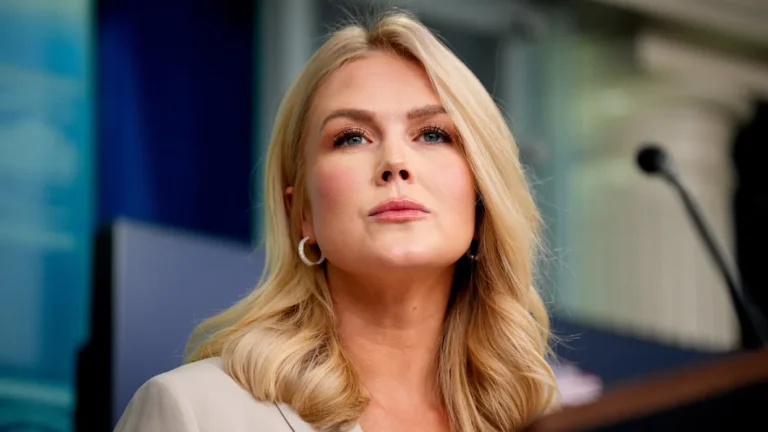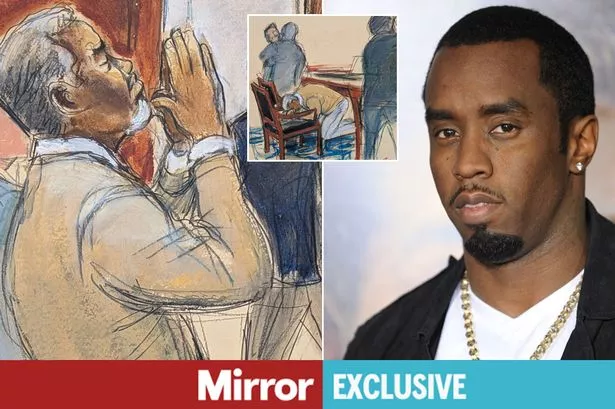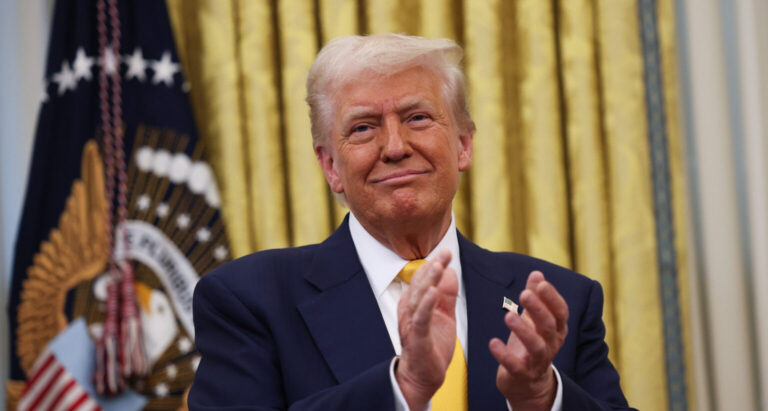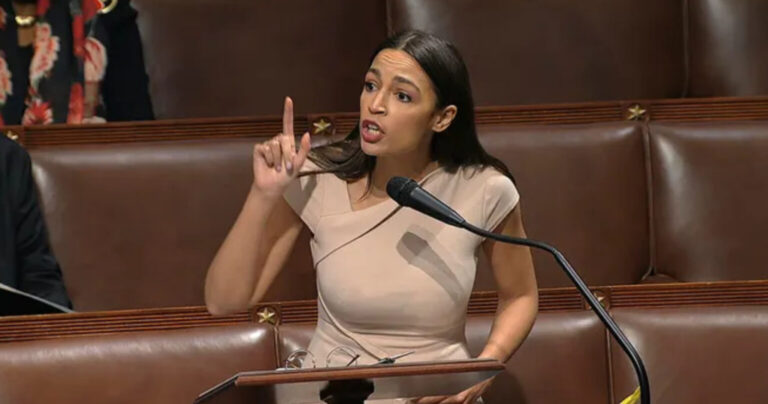BREAKING: Democrat Mayor of DC Muriel Bowser Came Out to Support President Trump’s…
Mayor Muriel Bowser publicly commended President Trump’s aggressive crime intervention in Washington D.C., even as she navigated backlash from her Democratic base.
Trump invoked Section 740 of the Home Rule Act to federalize the Metropolitan Police Department and deploy the National Guard to restore order in the capital, setting off a sweeping crackdown.
The results were immediate and dramatic: violent crime dropped 45 percent and carjackings plummeted 87 percent, all within mere weeks of the intervention.
“We greatly appreciate the surge of officers that enhance what MPD has been able to do in this city,” Bowser stated, acknowledging federal efforts in reducing crime significantly.
The mayor added, “When carjackings go down, when use of [guns] goes down, when homicide or robbery go down, neighborhoods feel safer and are safer. So, this surge has been important to us for that reason.”
These remarks mark a clear departure from prior criticism, even as critics accused Bowser of supporting an “authoritarian push.”
But data made it hard to deny the results.
Statistics from August 7 through the late August period placed violent crime down 45 percent compared to the same timeframe last year, a substantial reversal of prior trends.
Law enforcement officers made approximately 550 arrests over 13 days, underscoring the operational impact of federal deployment.
For residents and businesses that had long suffered fear and insecurity, the drop in crime translated to real relief.
One business owner told local media that shop doors hadn’t been closed with such confidence in years, signaling renewed safety across neighborhoods.
The contrast with other Democratic-run cities, still mired in crime, could not be starker: where soft-on-crime policies faltered, bold enforcement delivered.
Yet opposition remains. A poll conducted mid-August revealed 80 percent of D.C. Residents opposed Trump’s federalization, though many admitted feeling safer after the crackdown.
Bowser’s praise, though measured, represented a concession: practical results can transcend partisan posturing.
And for conservatives, it proved the efficacy of strong law-and-order leadership.
The media, often skeptical of Trump, provided minimal coverage of D.C.’s turnaround—even as data showed violent crime reaching historic lows.
But freedom-loving citizens felt the difference. Confidence returned to neighborhoods once defined by caution.
Trump’s move, while controversial, made the capital livable again—a triumph few expected in liberal D.C.
For conservatives, Bowser’s admission is a reluctant but powerful validation of Trump’s agenda.
Washington’s crisis was real. The intervention worked. And the results cannot be ignored.
